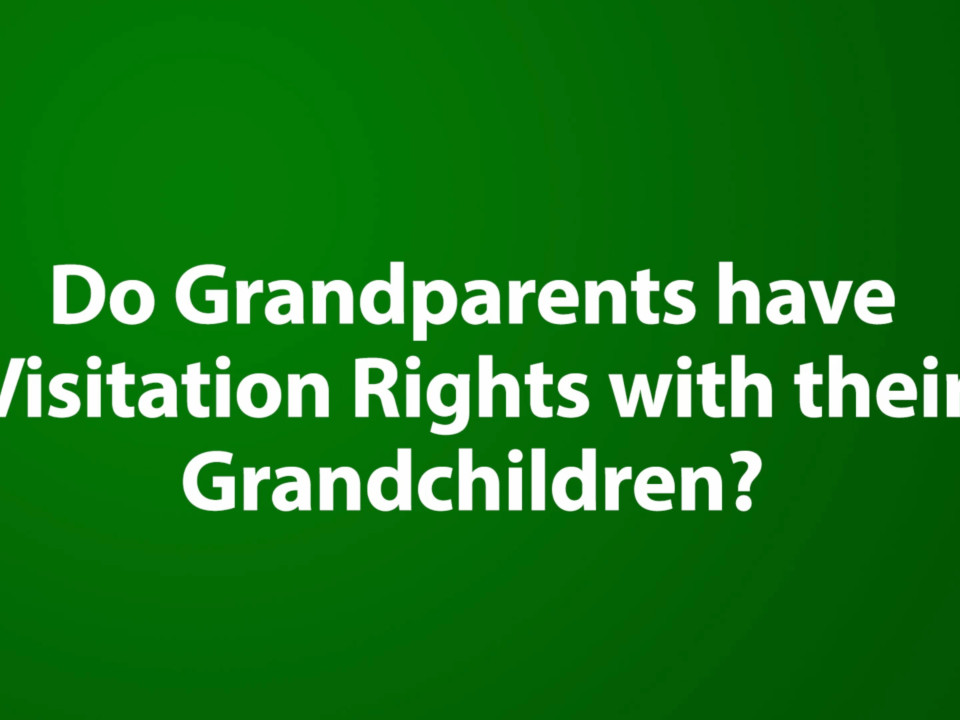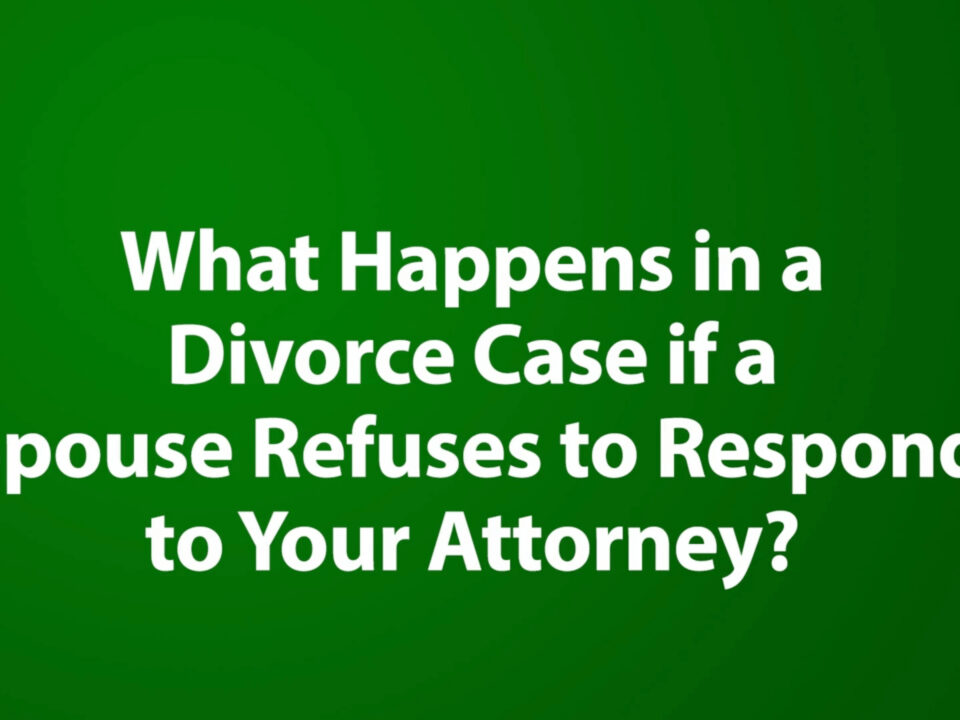Just as no two marriages are alike, no two divorces will be the same.
Some divorces are more complicated than others, some are contested while others are not, and some will settle through an agreement between the parties, while others will require an alternative approach for the parties to come to agreement. One such alternative is mediation.
What is Divorce Mediation?
In divorce mediation, a divorcing couple works with a neutral third-party mediator to attempt to come to an agreement on all aspects of the divorce. The mediator:
- May or may not be an attorney.
- Must be experienced in family law and divorce.
- Is required to be neutral and not advocate for either party.
Each party will consult with their own individual attorney during the mediation and also before signing the final divorce settlement agreement, should a compromise be reached.
Divorce mediation offers many advantages to litigation, including:
- May help to forge a better long-term relationship between the spouses, something that is often eroded during a bitter court battle.
- Sometimes proves to be less damaging to minor children.
- Expedites agreement in many circumstances.
- Is less expensive than going to trial.
- Puts the divorcing spouses (not the court) in control of their own divorce.
- Allows for more discretion, as mediation is private but a litigated divorce is public knowledge.
Although mediation can be a less contentious way to divorce, an experienced family law attorney can help determine if it is the right option for you. Contact an experienced divorce attorney at O’Keeffe O’Brien Lyson Attorneys online or call 701-235-8000 (toll-free 877-235-8000)
Photo courtesy of stevepb/Pixabay



